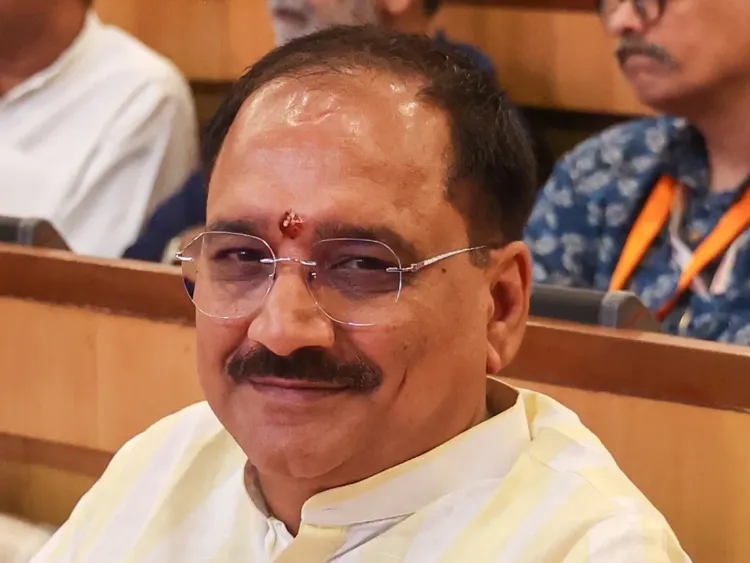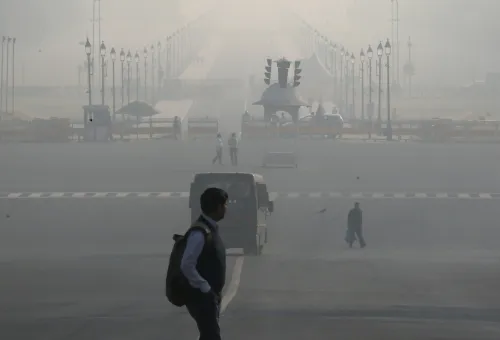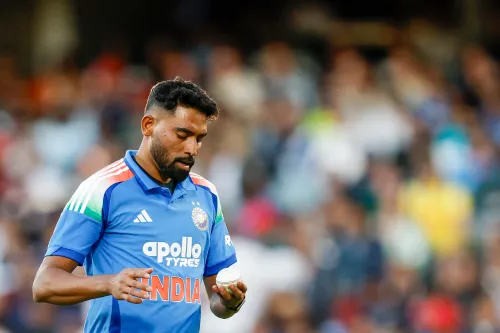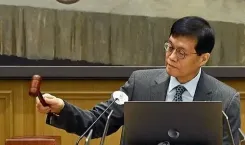Is the Ongoing Delhi Assembly Session Truly Historic?

Synopsis
Key Takeaways
- The Delhi Assembly is now the first solar-powered legislature in India.
- Introduction of a digital system has made the Assembly paperless.
- New legislation aims to regulate school fees for lower-income families.
- Recent CAG reports criticize the current government’s governance.
- Significant advancements in legislative transparency are underway.
New Delhi, Aug 4 (NationPress) The President of Delhi BJP, Virendra Sachdeva, characterized the ongoing monsoon session of the Delhi Assembly as ‘historic’. This session, which commenced on Monday, has introduced new digitized procedural frameworks and included discourse on a special motion about Operation Sindoor.
Sachdeva proudly noted that the Delhi Assembly has become the first solar-powered legislature in the country, a transformation achieved in just six months, led by Chief Minister Rekha Gupta and Assembly Speaker Vijender Gupta, inspired by Prime Minister Narendra Modi’s vision.
Additionally, a digital legislative business system has been established, resulting in a paperless Assembly, which Sachdeva claims has enhanced the transparency and strength of the democratic process.
He stated that within a mere five months, the transition to a solar-powered and paperless Assembly demonstrates that PM Modi’s vision is one of true transformation.
On the inaugural day of the monsoon session, the Rekha Gupta government announced plans to introduce the Delhi School Education (Transparency in Fixation and Regulation of Fees) Bill, 2025, aimed at alleviating financial burdens on parents from middle and lower-income brackets by establishing a regulatory framework for school fees.
Furthermore, two reports from the Comptroller and Auditor General (CAG) presented in the Assembly have once again highlighted the corruption and chaotic governance under Arvind Kejriwal’s administration.
Sachdeva challenged the leaders of the Aam Aadmi Party and Congress to justify their criticisms of CM Gupta’s Education Bill, questioning why, despite persistent demands from lower-income groups, no legal framework for school fee regulation has been implemented in the last 27 years.
Earlier, the Chief Minister presented copies of the Finance Accounts and Appropriation Accounts for the Government of NCT of Delhi for the fiscal year 2023-2024.
The Power Minister, Ashish Sood, also tabled the Annual Accounts of the Delhi Electricity Regulatory Commission (DERC) for 2023-24, along with a notification regarding the Delhi Electricity Regulatory Commission (Terms and Conditions for Green Energy Open Access) Regulations, 2024.









